May Day Parade, Eurasian Union, Euroscepticism – Belarus State TV Digest

Alexander Lukashenka's annual address to the Belarusian people and parliament was the number one news item of the past week.
The head of Belarus, Russia and Kazakhstan met in Minsk to discuss Eurasian integration.
Meanwhile, Ukraine's acting president, Oleksandr Turchynov, reported to the Belarusian leader developments in the eastern part of the country.
Corruption in Belarus remains a problem, but not as serious as in Ukraine or in the West, one state TV journalist points out.
Foreign Affairs
Eurasian Integration – A Meeting of Member States in Minsk – Belarusian State TV reported that the meeting was one of the most important events of the week. The Belarusian leader stressed that the removal of exemptions in inter-state trade was a must to truly integrate the member countries.
The respective heads of states also discussed the enlargement of the Customs Union. Lukashenka advocated for not creating any additional incentives and privileges for new member candidates.
The creation of a common energy market remains a controversial issue for the parties, state TV noted. In their coverage, they reported that they it is expected that no later than 2025 there will be a common market for oil, oil byproducts and natural gas.
Eurosceptics in the Western Europe are Getting More Powerful – A state TV journalist commented on recent polls that suggest there is an increase in the popularity of the eurosceptic UK Independence Party and Labour Party supporters. Similar trends are noticeably springing up in France and Netherlands as well. According to [unnamed] experts, the French ‘National Front’ and Dutch ‘Party of Freedom’ may obtain up to 38 seats in the upcoming elections for the European Parliament. If they are able to reach an agreement with the British 'UKIP', and thus create a coalition of eurosceptic parties, it would have certainly an impact on the EP.
Facilitated Visa Regime for Moldovians, but… – The European Union has facilitated visa-free regime with Moldova. However, as a report on state TV emphasised, there are some limitations – Moldovans will not have the right to travel freely to the United Kingdom or Ireland. So far over 100 people have already travelled on the new visa-free regime.
Budapest: Visegrad Countries and the Eastern Partnership – The ministers for foreign affairs from the Visegrad Group countries met with officials representing the Eastern Partnership states.
Elena Kupchyna, deputy minister of foreign affairs, in Budapest presented the official position of Minsk. According to her, the Eastern Partnership initiative requires some serious reconsideration. Other participants agreed with her, the report pointed out. Kupchyna also added that equality and a non-discriminatory policy for participation for all countries should become the main principles of the project.
Internal Affairs
1st of May: Workers Solidarity Day – The annual holiday brings together different generations, according to state TV. Leanid Kozik, a leader from the official (government supported) trade unions, emphasised that the unions are concerned with human rights and have been paying attention to them. That includes ensuring individuals' right to work, fighting against unlawful dismissals from work and the right for children of an employee to study, he explained further.
Annual Address to the Belarusian Nation and Parliament – State TV described it as "the event of the day for the state and our neighbours". Lukashenka spoke to the Belarusian parliament for 4 hours. Albeit the tradition of having an annual address of a head of state to the nation existing in many other countries, only in Belarus does it truly address the people, according to the reporting state TV journalist.
"A strong economy and honest authorities should be a foundation of sovereignty of the state and flourishing of the nation", noted a journalist, repeating the words of Lukashenka. Further they reported that throughout his speech the Belarusian leader cited the Bible and called for maintaining the integrity and independence of the country. "We accept any opposition which operates in accordance with the law", Lukashenka stated. The authorities are ready to implement progressive reforms, however, "any signs of radicalism in Belarus will be crushed at an embryonic stage".
Belarusians Praised Lukashenka’s Address to the Parliament – One state TV journalist struck out to find out the reactions of both experts and ordinary Belarusians to Lukashenka’s address in Parliament. The assembled footage presented the opinion of students, doctors, pensioners, political scientists and even Internet users – all of which unanimously praised the Belarusian leader’s address.
Lukashenka-Turchynov talks – State TV reported that both leaders had a phone conversation regarding the current developments in Ukraine. The acting president of Ukraine updated the Belarusian head of state on the situation in the country. In particular, he reported developments in the city of Slaviansk. "An anti-terrorist operation is being carried out there. Five terrorists, who opened fire on the armed forces of Ukraine, have been killed", the report stated.
Head of State Meets with Ordinary Belarusians – Lukashenka went to the city of Klimavichy in the Homel region, which was contaminated as a result of the Chernobyl nuclear power plant accident. State TV coverage stated that just after his talk in Belarusian parliament, the head of state immediately set out and met with ordinary people to answer their questions "as open as always and without censorship".
When meeting with people, Lukashenka discussed the developments in Ukraine and expressed his concerns for ordinary Ukrainians. He also criticised over re-writing history. "They are trying to deprive us of what makes us significant, improves our image, (they) deprive us of our history", he noted referring to any attempts of diminishing the importance of the Great Patriotic War. At the end of the report, locals thanked Lukashenka for his visit.
‘Pozicija’ (Position) Talk Show: Corruption in Belarus – Among the shows participants were officials, a state-run newspaper journalist and a businessman. In the short introductory feature about corruption, the reporter stated that the problem was not nearly as dire as in neighbouring countries.
The audience could choose, via text message, whether those who offer bribes or those who accept them are guilty. In the end it became clear that 78% of voters put blame of those who accept bribes.
According to one of the participants, the gradual privatisation of state enterprises could solve the problem. In his opinion, the privatisation of education and health care system would lead to gains in the quality of their services, but also a decline in corruption. Participants from the talk show also discussed corruption in Ukraine and in the European Union.
Additionally, they analysed if a particular political system facilitates corruption in a country. In liberal democracies it is hard to react quickly to problem, though in authoritarian countries a leader can react swiftly, one of the participants noted.
Belarus Digest prepared this overview on the basis of materials available on the web site of Belarusian State Television 1 (BT1) and ONT. Freedom of the press in Belarus remains restricted and state media convey primarily the point of view of the Belarusian authorities. This review attempts to give the English-speaking audience a better understanding of how Belarusian state media shape public opinion in the country.




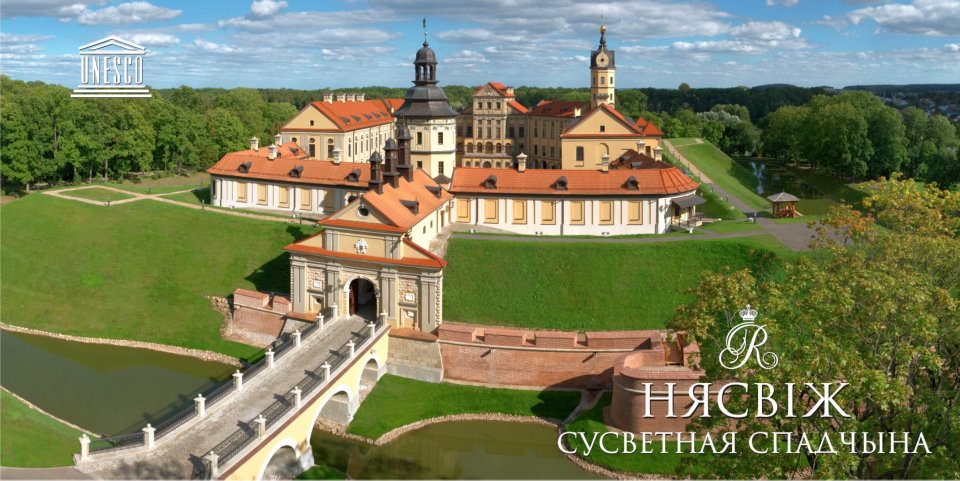
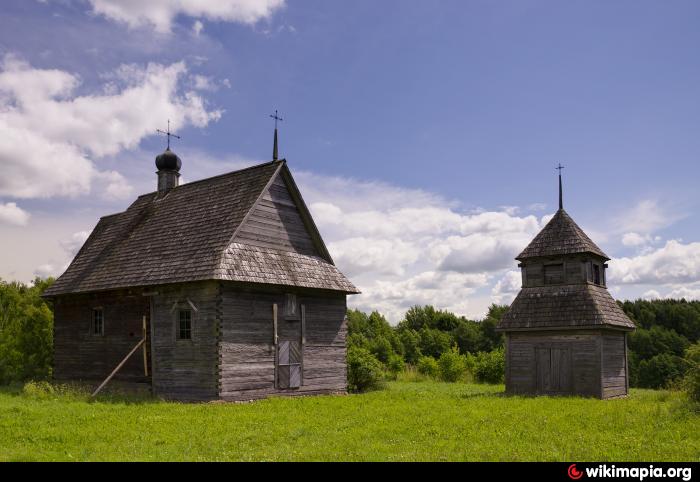 Two other landmarks are the ethnological museums in Strochycy (5 km) and Dudutki (50 km). They both offer an introduction to the old life of rural Belarus, but they each have a different focus.
Two other landmarks are the ethnological museums in Strochycy (5 km) and Dudutki (50 km). They both offer an introduction to the old life of rural Belarus, but they each have a different focus.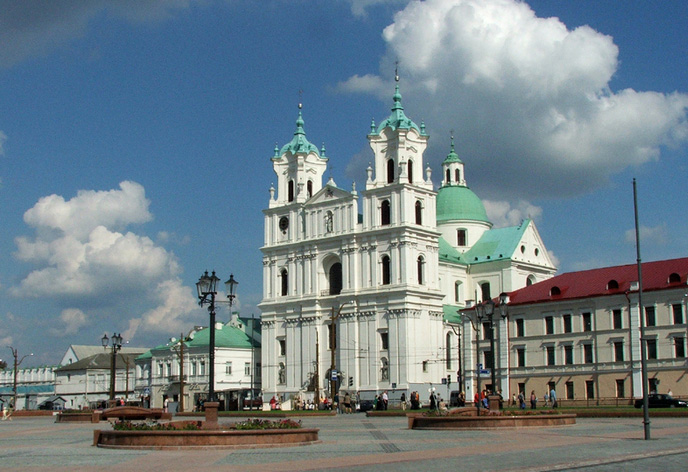 These include the magnificent Baroque St. Francis Xavier Cathedral and the 12th-century Kalozha church which is the only monument of Black Ruthenian architecture that has survived.
These include the magnificent Baroque St. Francis Xavier Cathedral and the 12th-century Kalozha church which is the only monument of Black Ruthenian architecture that has survived.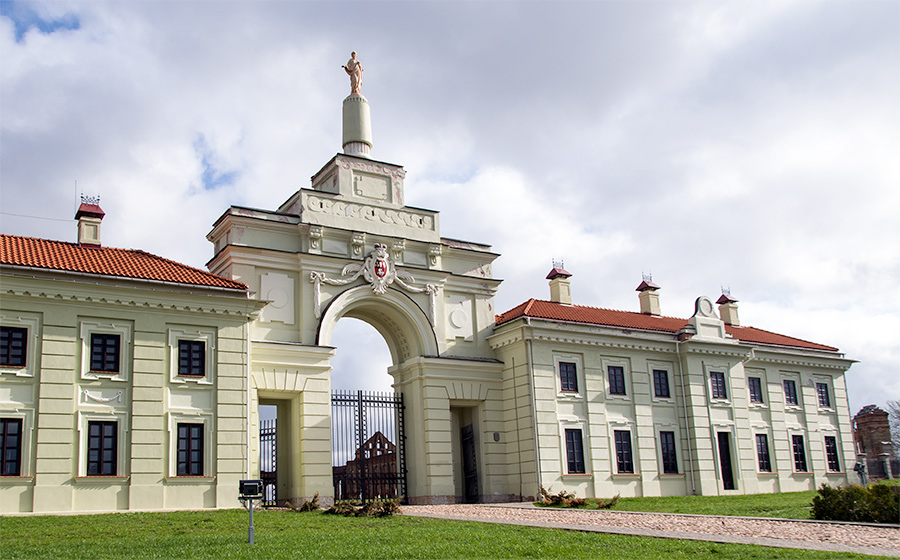
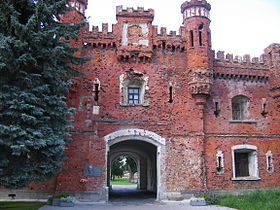 You can continue your trip through this region by visiting the famous Brest Fortress located not far from the Pushcha where Soviet soldiers fought against the Nazi invasion for more than a month in 1941.
You can continue your trip through this region by visiting the famous Brest Fortress located not far from the Pushcha where Soviet soldiers fought against the Nazi invasion for more than a month in 1941.